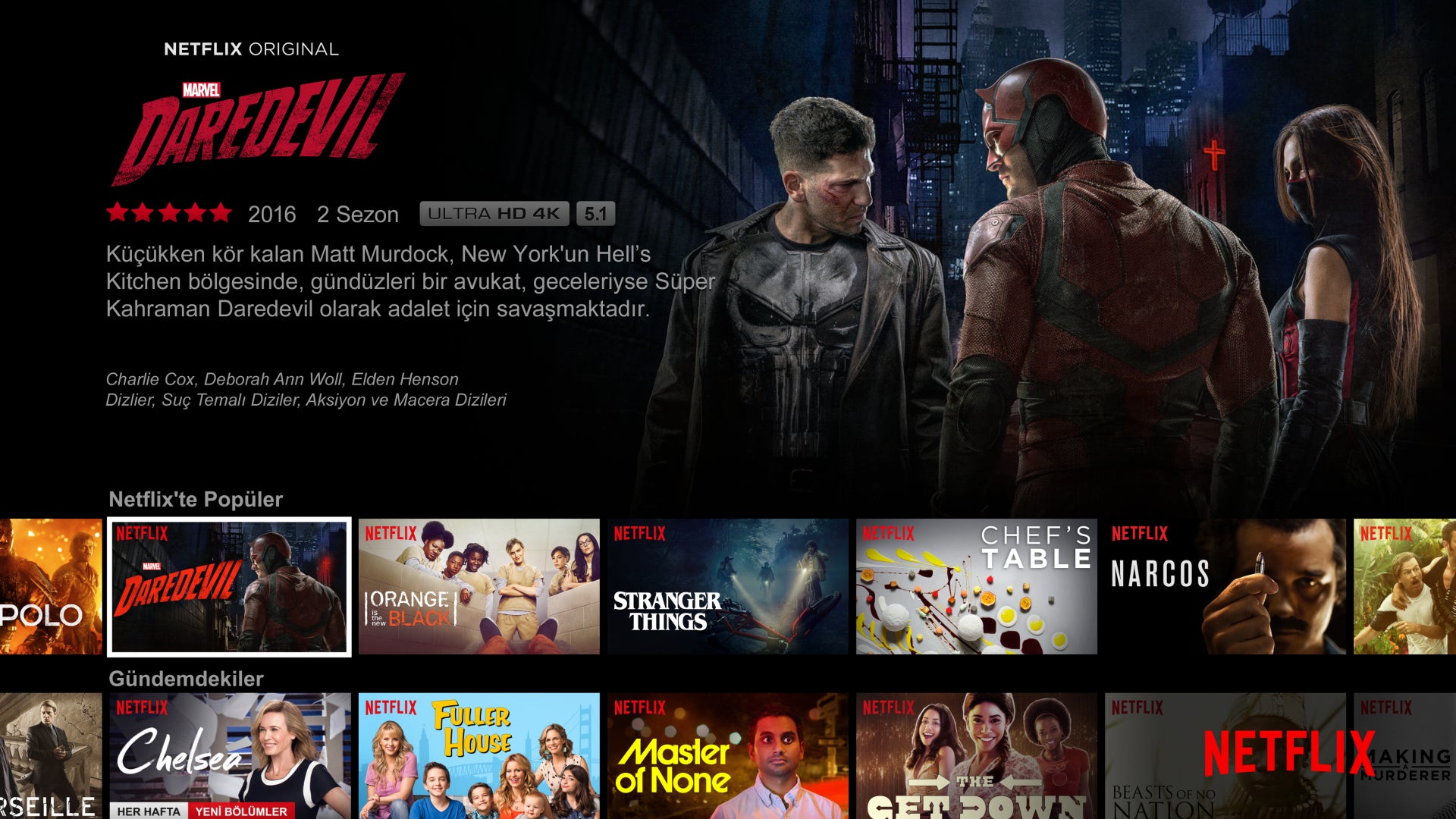Netflix says English won’t be its primary viewing language for much longer
Netflix’s voice is changing with its global audience.


Netflix’s voice is changing with its global audience.
Nearly half of the web-video platform’s 93 million subscribers now come from outside of the US. And, soon, English will no longer be platform’s dominant viewing language, the company said in a blog post.
In the past five years, Netflix has expanded from three languages—English, Spanish, and Portuguese—to more than 20, including Arabic, Korean, Polish, and Turkish. And it’s adding more all the time.
The US-based company hasn’t always had the best track record with translated subtitles. When it started distributing international fare, some of the translated subtitles it received made little sense. A dramatic shot of a mother holding a baby was translated as “Come back, absent pigeon,” in one example that Netflix shared with Variety. In another, with a solemn-looking young man, the subtitle read, “The one that is boiled and eaten should be a heart.”
Now, Netflix works directly with thousands of linguists to translate the subtitles on its service. Chelsea Handler’s late-night show Chelsea, alone has a team of 200 helping the US comedian’s off-kilter humor land with audiences worldwide, Netflix said last May.
Netflix is scouting more linguists like them as it invests more in originals aimed at global audiences like Ultimate Beastmaster and Narcos, and standup comedy specials by US comedians like Dave Chappelle, Chris Rock, and Amy Schumer that don’t easily translate into other languages.
Take the test
It devised its own standardized test to vet possible candidates. Called HERMES, the test pays special attention to idioms, or phrases that are unique to a particular language or culture, Netflix detailed in a post on its tech blog.
It includes more than 4,000 English idioms like “You’re on a roll,” “He bet the farm,” “She made a killing,” and “We’re about to hit the road” to see how well the candidates can translate them into their chosen languages. It also has thousands of combinations of questions, so that every test is different.
Translators can take the test to get scored by the company and be considered for future projects. Netflix said thousands around the world have taken it since it was released two weeks ago.
And, as always, the company has big plans for the data. Everyone who signs up for the test is assigned a unique number, which Netflix plans to tie to the subtitles it receives, starting this summer. That will help it evaluate the translators, and ultimately make internal recommendations for the best linguists for specific projects based their past performance.
“Much like we recommend titles to our members, we aim to match our subtitlers in a similar way,” said Netflix’s Chris Fetner and Denny Sheehan. “Perhaps they consider themselves a horror aficionado, but they excel at subtitling romantic comedies—theoretically, we can make this match so they’re able to do their best quality work.”
Test your Netflix translating skills here.